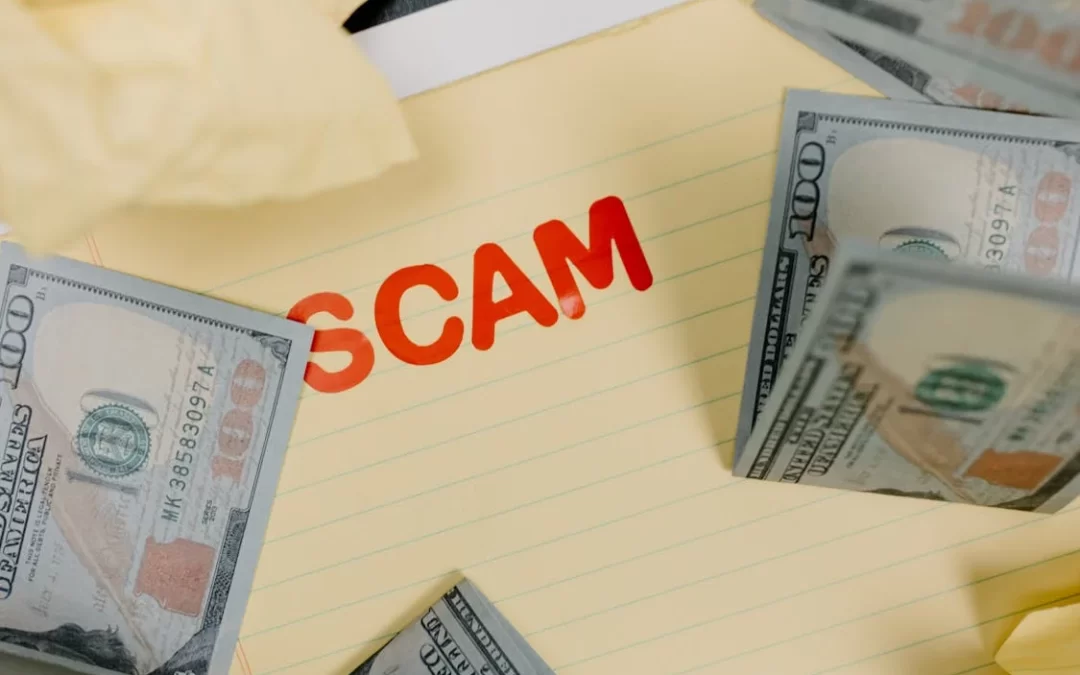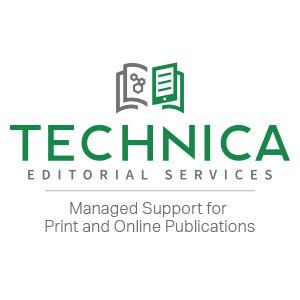BLOG
Stay up to date with the events and knowledge that are shaping the publishing industry.

7 Key Tips for Tackling a New Client’s Style Guide
Diving into work for a new copy editing client is always an exciting time for any editor—but it can also be an intimidating one. And it doesn’t help when you’re trying to wrap your mind around a 10-page style guide you’ve never seen before! But here’s the good news:...

LGBTQ Representation in Publishing is on the Rise, but the Band Plays On
June is designated as Pride Month in honor of the 1969 Stonewall riot, which was seen as the unofficial start of the gay rights movement here in the United States. The movement has seen gains over the years in just about every aspect of American culture, including the...

Should the Onus be on Research Institutes or Publishers to Catch Scholarly Misconduct?
Scholarly misconduct unfortunately seems to be on the rise in recent years. Paper mills are becoming more and more prevalent by the day. More than 8,000 papers were retracted by publisher Hindawi. Wiley’s newest AI paper detection software found that 10-13% of papers...

Cash for Citations: The Newest Scam in Scholarly Publishing
“Publish or Perish” tends to be the unfortunate moniker of the scholarly publishing world nowadays. Experts have to publish their work (and in the right journal, mind you) to get the citations and recognition needed to advance in their field. This mindset has of...

AI’s Role in Peer Review
We’ve almost talked to death the topic of ChatGPT’s authorship role and the ethics of authors using it and other AI tools to produce manuscripts in past blog posts. Yet, this doesn’t change the fact that AI continues to infiltrate every step of the scholarly...

Interior Book Design: Guide to Formatting, Layout, and Design
When it comes to interior page formatting, it's important to keep in mind that programs such as Microsoft Word and Google Docs may not be the most suitable tools for designing your book. It takes more than just a few clicks to transform your typed pages into a...

Celebrate National Grammar Day by Debunking Some Common Grammar Myths
March 4th marks National Grammar Day in the United States. Started by author Martha Brockenbrough, the founder of the Society for the Promotion of Good Grammar, National Grammar Day was officially recognized by George W. Bush in 2008, and has been celebrated annually...

A Crash Course on the Public Domain Care of Mickey Mouse
After 95 years of perhaps the strictest copyright protection this side of bulletproof glass, Mickey Mouse is now entering the public domain – sort of. The original “Steamboat Willy” version of Walt Disney’s crown jewel of intellectual property officially enters the...

Closing the Gap, One Step at a Time
February 11, 2024 marks the ninth annual U.N. General Assembly’s International Day of Women and Girls in Science. Now, more than ever, girls’ horizons are expanding, allowing them to make their marks in fields in which they have historically been underrepresented....

Lighting the Fire!! The Harlem Renaissance’s Queer Publication
The Harlem Renaissance was “surely as gay as it was black.” As we bring in 2024’s celebration of Black History month, it feels only right to shine a light on the voices that have been deliberately lost to time. In 1920, the world witnessed the inspired boom of art,...

Is SkyNet Taking Over? AI-Generated Articles Are Popping Up Left and Right
Yes, it’s hyperbolic to say that the machines are truly taking over as James Cameron predicted almost 40 years ago in The Terminator, but everyday seems to bring more and more news stories about AI infiltrating another industry. Publishing is not immune to this...
The Importance of Science Communication in the Time of COVID-19
Science touches and intertwines through all of our lives, making us stakeholders in many scientific arenas. Most recently, the race to tackle COVID-19, coinciding with a shift in open access policies of institutional research around the globe, has reminded us of the momentous significance of scientific research. Although science is part of our daily lives...
Journal Indexing 101 Part II: First Steps for Successful Indexing
So you’ve researched the benefits of discoverability and decided you’re ready to explore including your journal in one or more indexes. Knowing where to begin can sometimes be the most daunting part. The first thing you’ll need to decide is which indexes you will target. Here are a few things to consider when determining where your title may best fit....
In Search of the Perfect Metric: Comparing Three Models
An aspect of publishing that is critically important to publishers and authors alike is the metric that measures a journal’s significance in its field. The impact factor has long reigned as the preeminent yardstick for a journal’s relevance and importance. It captures the average number of citations that articles published in the journal received over the...
Journal Indexing 101 Part I: Benefits of Discoverability
In today’s crowded marketplace, journals are always looking for a way to stand out among their competitors. One such way is to prioritize index inclusion. If you’re new to indexing, in their most basic form, journal indexes are bibliographic databases with links to full text. Some databases index just titles, just abstracts, or the full text. Some are...
How to Create Effective Author Guidelines for Your Journal
For editorial staff, it can be frustrating when authors submit manuscripts that clearly don’t follow the journal guidelines. This could be because authors didn’t read through the guidelines before submitting, but it could also be that the author guidelines are confusing, hard to read, or contradictory. It’s important to review your guidelines periodically...
Five Tips for Creating a Good Special Issue
As previously mentioned, declining journal submissions is a problem that almost all publishers face at some point. For many journals, one of the best ways to increase their number of submissions and drum up interest is by having a special issue. But what is a special issue and how do you go about creating one for your journal? Special issues are often...
New Technology and Tools Seek to Streamline Reviewer Matching
Even with the assistance of a good editorial assistant or editorial team, the peer review process can be draining and difficult for both editors and authors. In the 2018 Global State of Review, which was released by Publons, 75% of editors stated that finding reviewers was their most difficult task as a journal editor. The reason? According to the same...
Four Tips for Publishers to Ensure a Positive and Inclusive Author Experience
These days, a lot of quality work is being performed by non-native English-speaking authors. Therefore, a positive and inclusive author experience is essential to keep submissions rolling in and to establish a favorable reputation for your journal. Once a manuscript makes it past the initial stage of scrutiny, there are numerous editorial reasons for...
Should Authors Disclose Previous Submission Information?
When submitting manuscripts for peer review, authors are often reluctant to provide information on their manuscript’s submission history, concerned that a prior rejection might reflect badly on their current submission. However, there may be good reasons for disclosing your manuscript’s submission information (if in fact that information is requested...
Four ways to boost submissions to your journal
It’s a problem that publishers don’t want to face but, unfortunately, often have to: a steadily declining number of submissions to their journal. At first glance, the reason for the decline may not be obvious, but doing a thorough audit of the journal can turn up several possible explanations, which can lead to potential solutions. If you encounter a...
